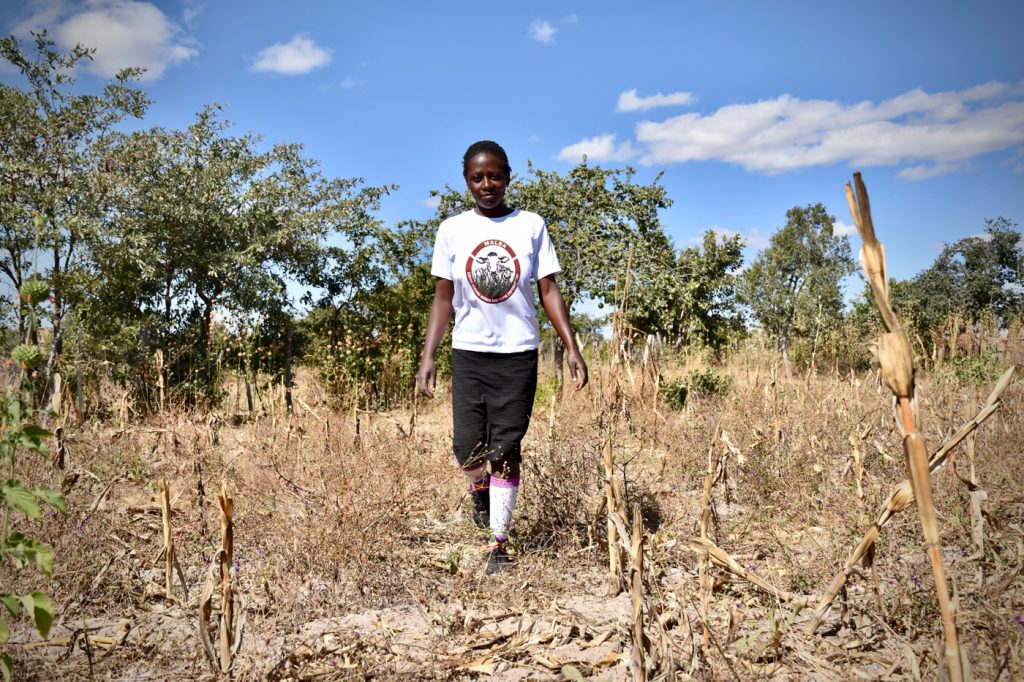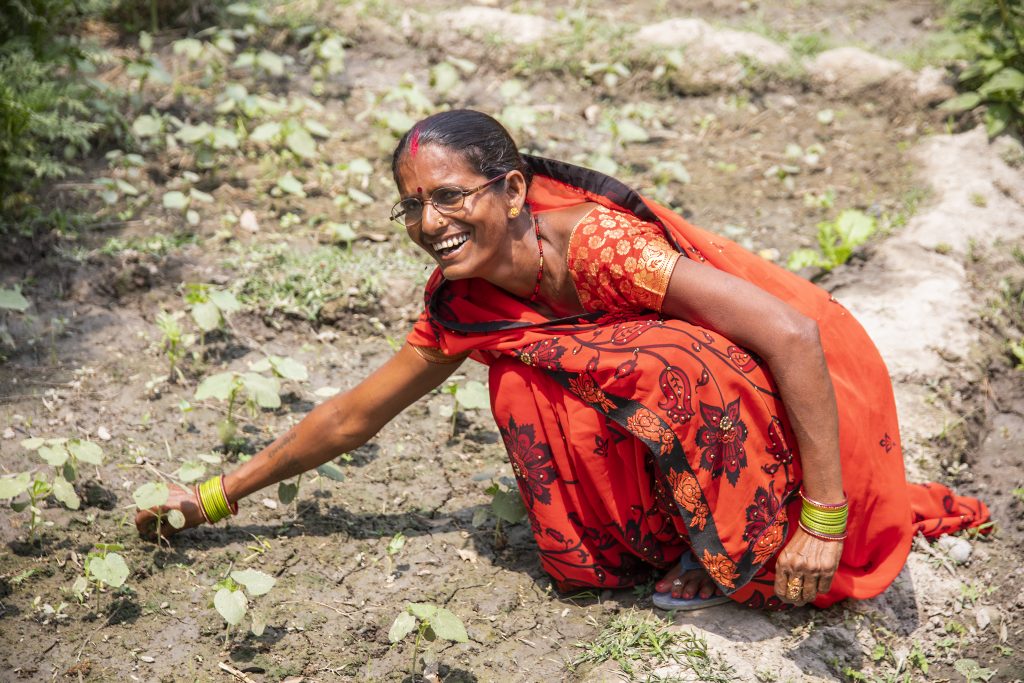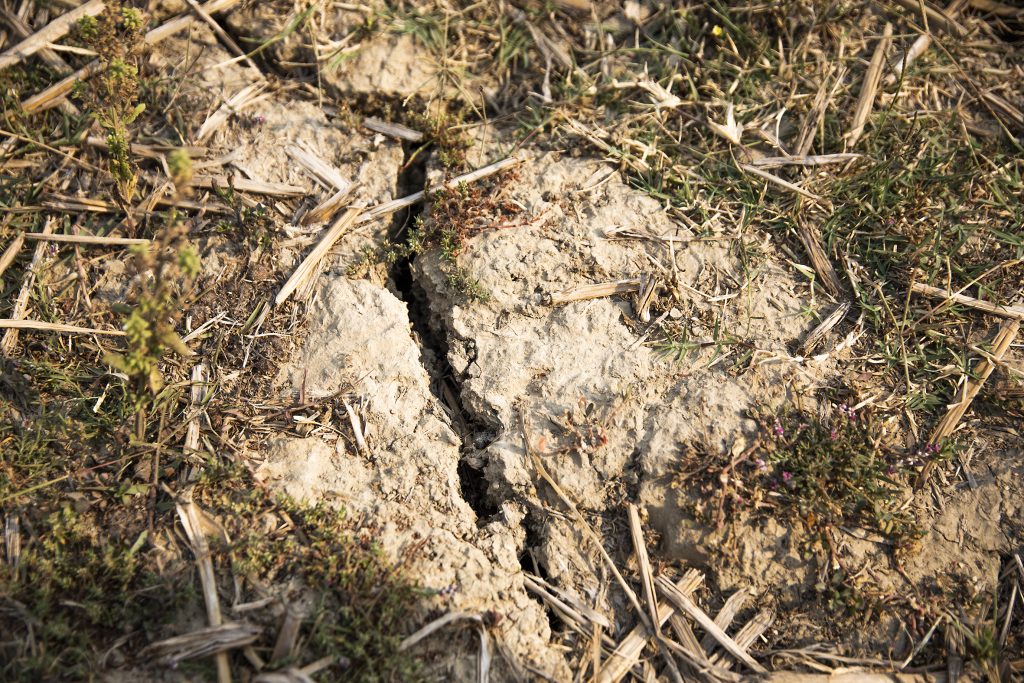
IM and climate justice
IM's mission is to fight poverty and exclusion for the people who live in the greatest vulnerability in the world, and therefore it is natural that we work to counteract the consequences of the climate crisis in low- and middle-income countries.

